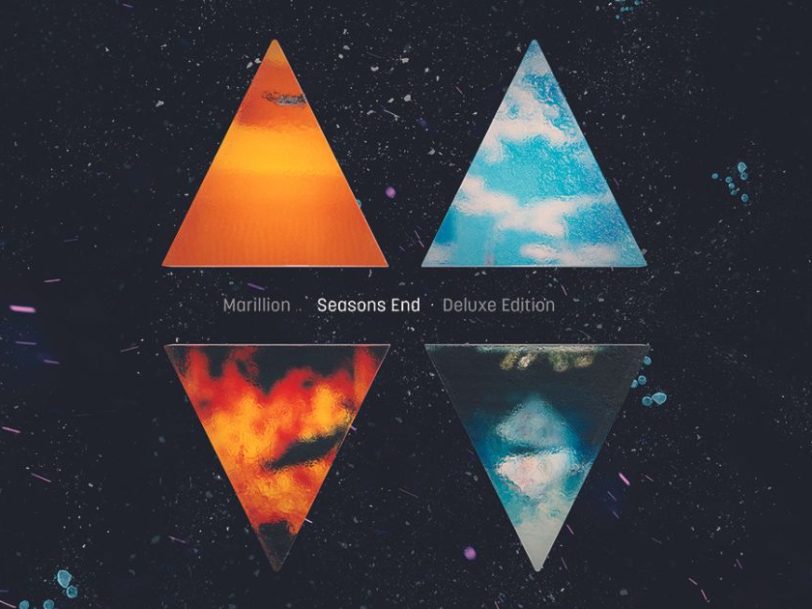Following the departure of their original frontman, Fish, Marillion underwent a major transformation in early 1989. After hiring a new singer in the shape of Steve Hogarth, the band moved away from Fish’s trademark poetics and embraced a more atmospheric and melodic approach to their music. While still wanting to stay true to their neo-prog roots, Marillion used their fifth album, Seasons End, as an opportunity to prove their ability to evolve and adapt to a new musical landscape.
Not only would Seasons End draw a line under Marillion’s Fish-led incarnation, but Hogarth’s poignant and evocative vocals undoubtedly helped push the group into the slipstream of contemporary pop-rock. Now considered a classic album in its own right, Seasons End was a critical and commercial success upon release, its soaring melodies, complex arrangements and introspective lyrics further guaranteeing Marillion’s status as one of the most innovative and forward-thinking progressive-rock bands of their time.
Here is the story of how Seasons End proved to be a pivotal moment in Marillion’s career…
Listen to ‘Seasons End’ here.
The backstory: “It was like our whole creativity became supercharged again”
When former frontman Fish quit Marillion in 1988, in order to pursue a solo career, it was clear that whoever replaced him would have a lot to live up to. As the face and voice of Marillion for much of the decade, Fish had done wonders in helping the group establish a loyal following on the progressive-rock scene, thanks to his offbeat lyrics and enigmatic displays of showmanship. Saddled with the difficult task of finding a new lead singer, the remaining members of Marillion – guitarist Steve Rothery, keyboardist Mark Kelly, bassist Pete Trewavas and drummer Ian Mosley – held some auditions and decided to push ahead.
Enter Steve Hogarth, a singer and songwriter from Manchester who had previously been a member of obscure new-wave pop groups such as The Europeans and How We Live. Arriving at his audition like a breath of fresh air, Hogarth left Steve Rothery awestruck: “The minute Steve started singing, it was like our whole creativity became supercharged again,” the guitarist recalled. Hogarth’s hiring turned a page in the Marillion fairy tale, weaving a spell to bring a new spark of energy and passion to the band’s sound. With a distinctive tone and gut-punching vocal delivery, the new singer quickly established himself as a key member of the group, and the chemistry between Hogarth and the rest of the band was instantaneous.
Marillion’s ambitions for a post-Fish future were surprisingly straightforward: they simply wanted to carry on where they had left off. Their previous studio album, 1987’s Clutching At Straws, had sold over 100,000 copies in the UK and included the UK Top 10 hit Incommunicado, and much of the group’s new material was already being written in the same vein. However, change was in the air, with Mark Kelly admitting that Hogarth stirred new ambitions within the group. “People expected us to fail, because Fish had left the band,” the bassist reflected in Prog magazine. “We had something to prove.”




